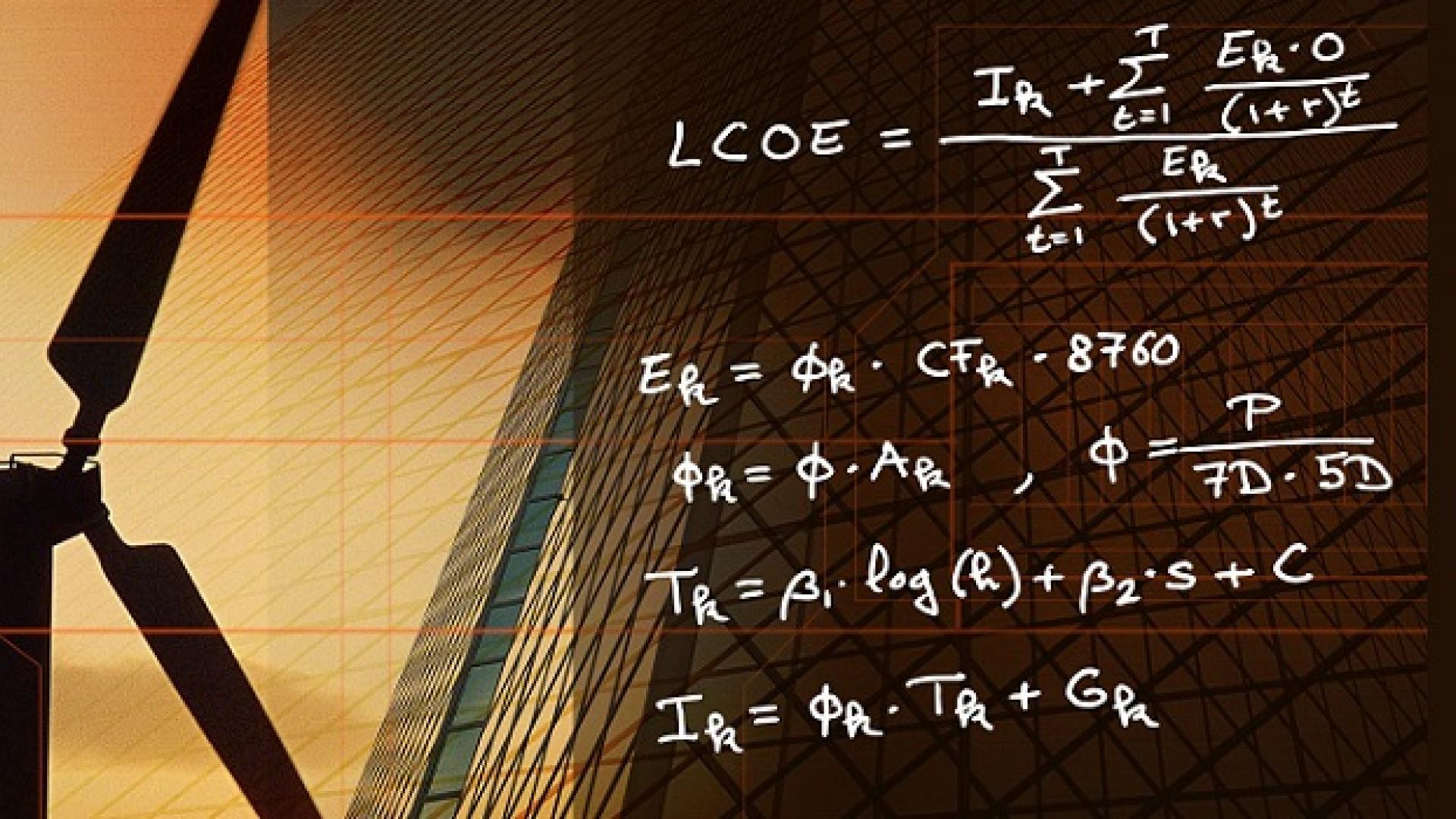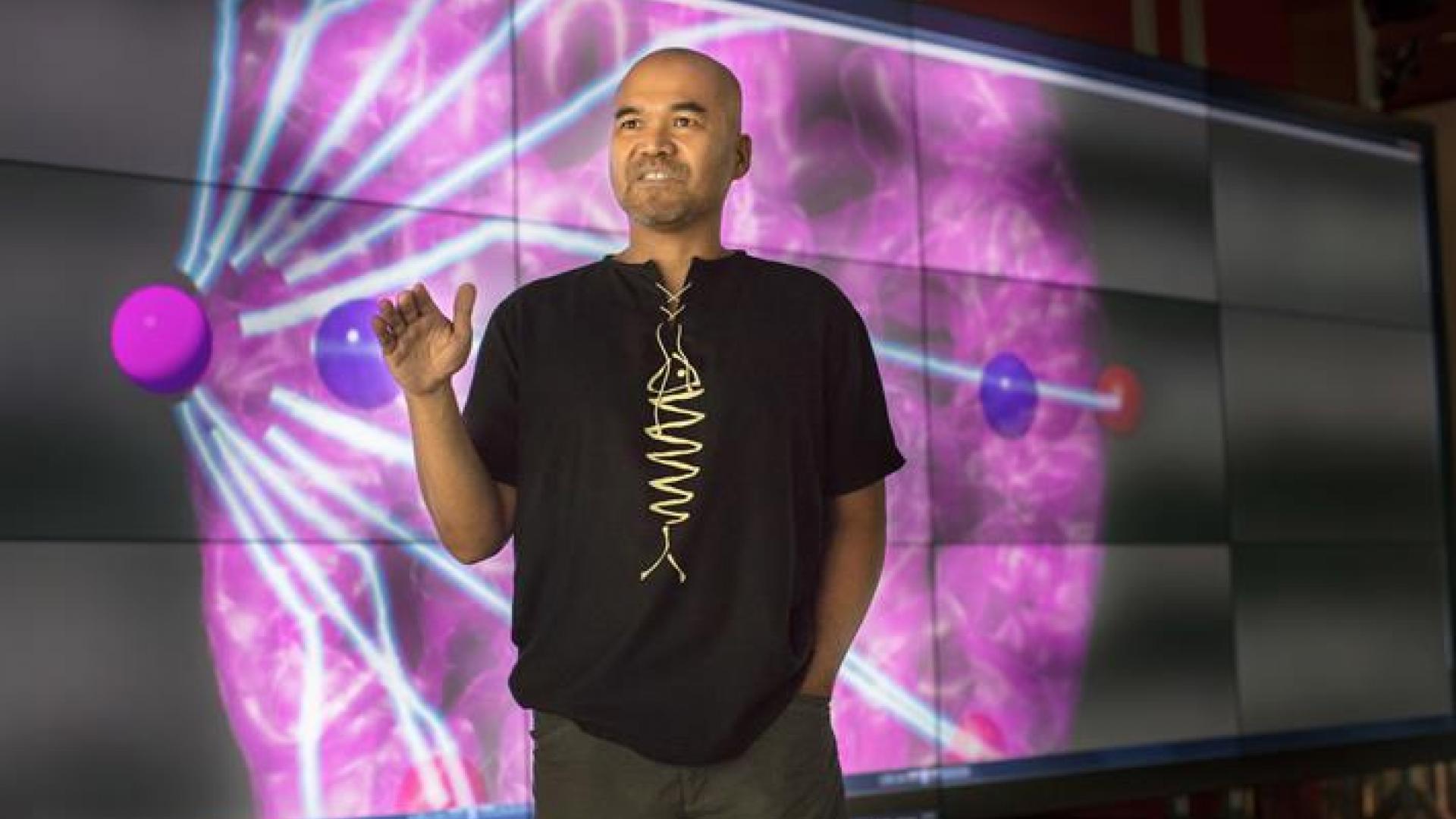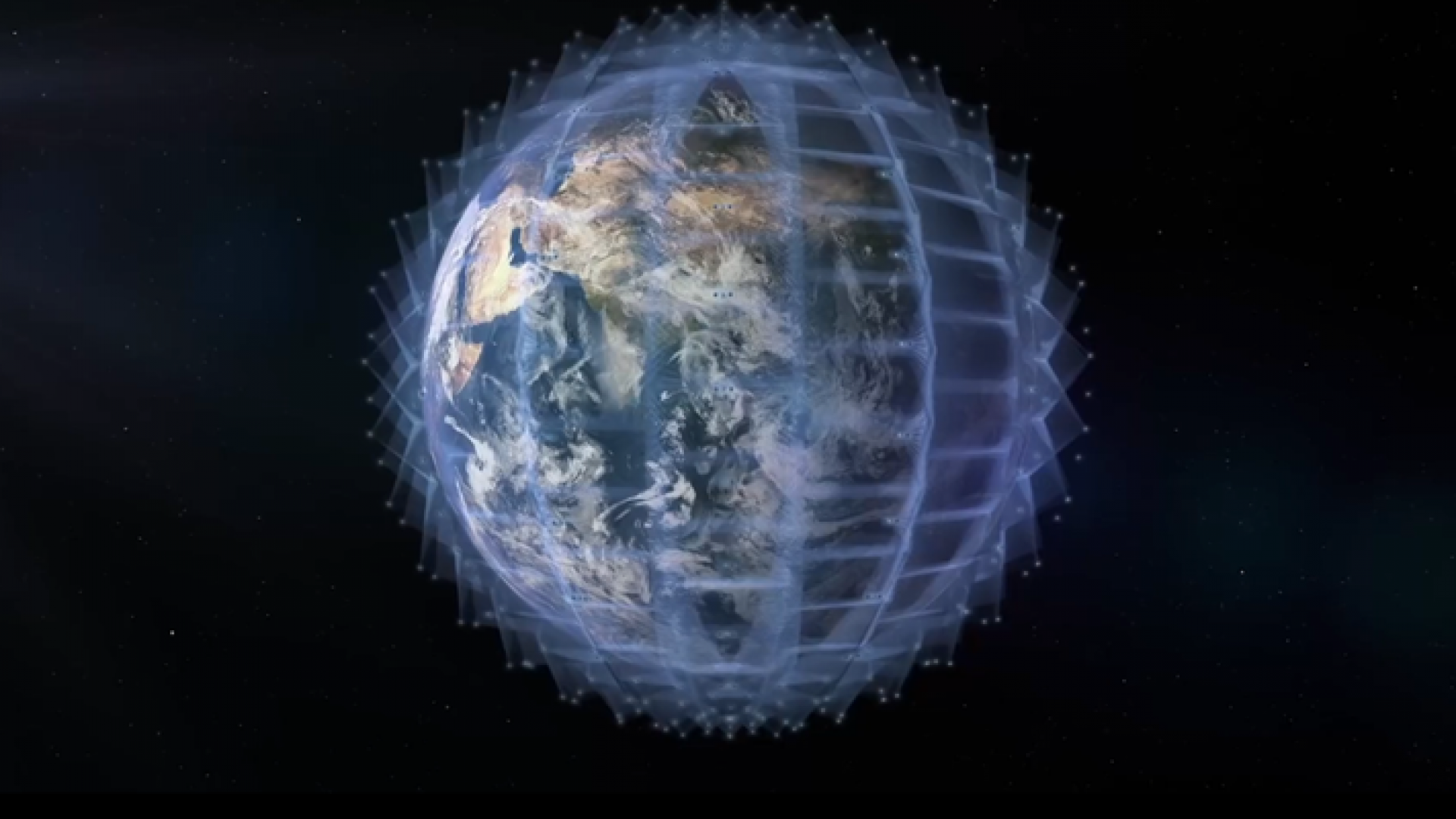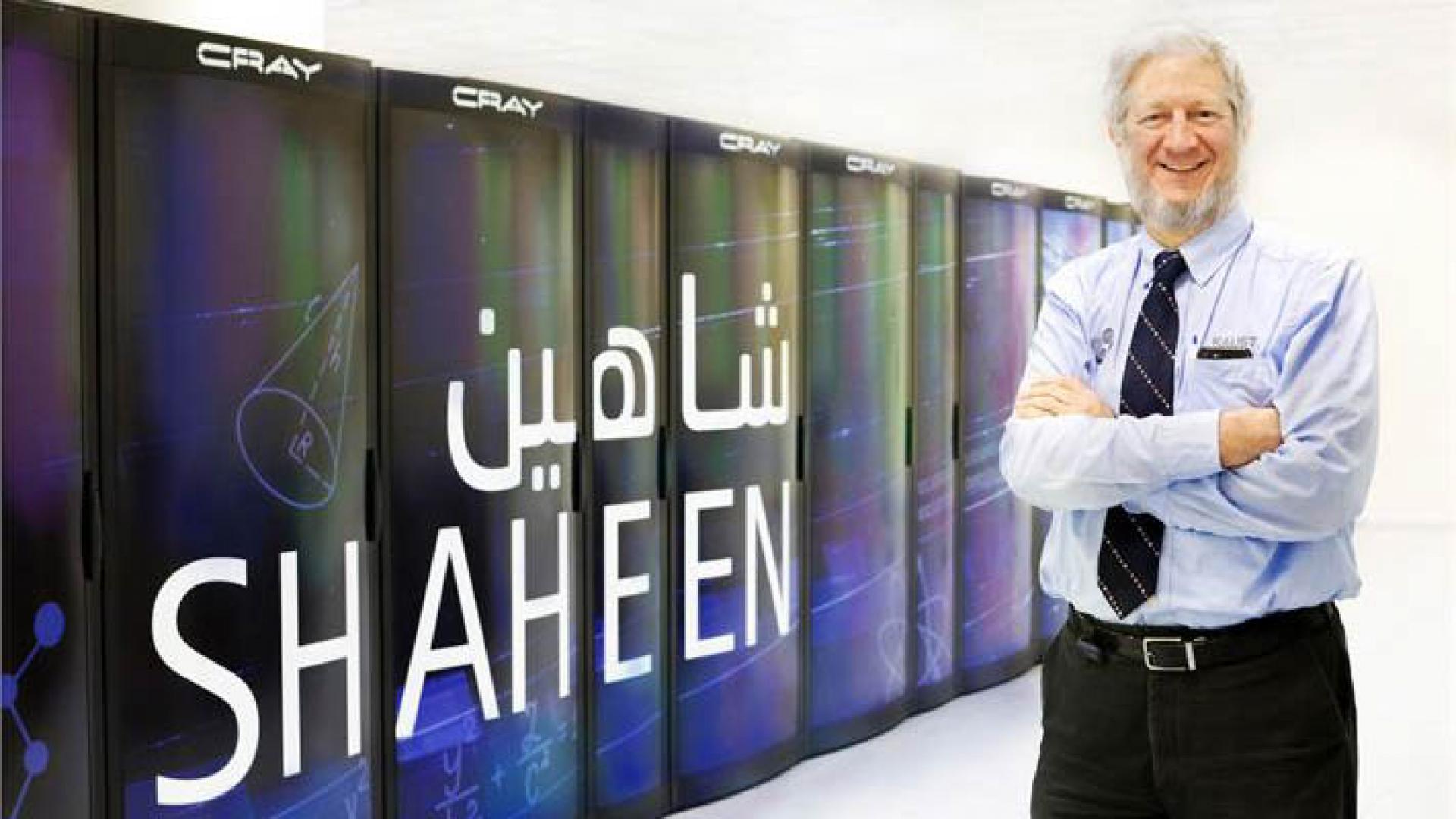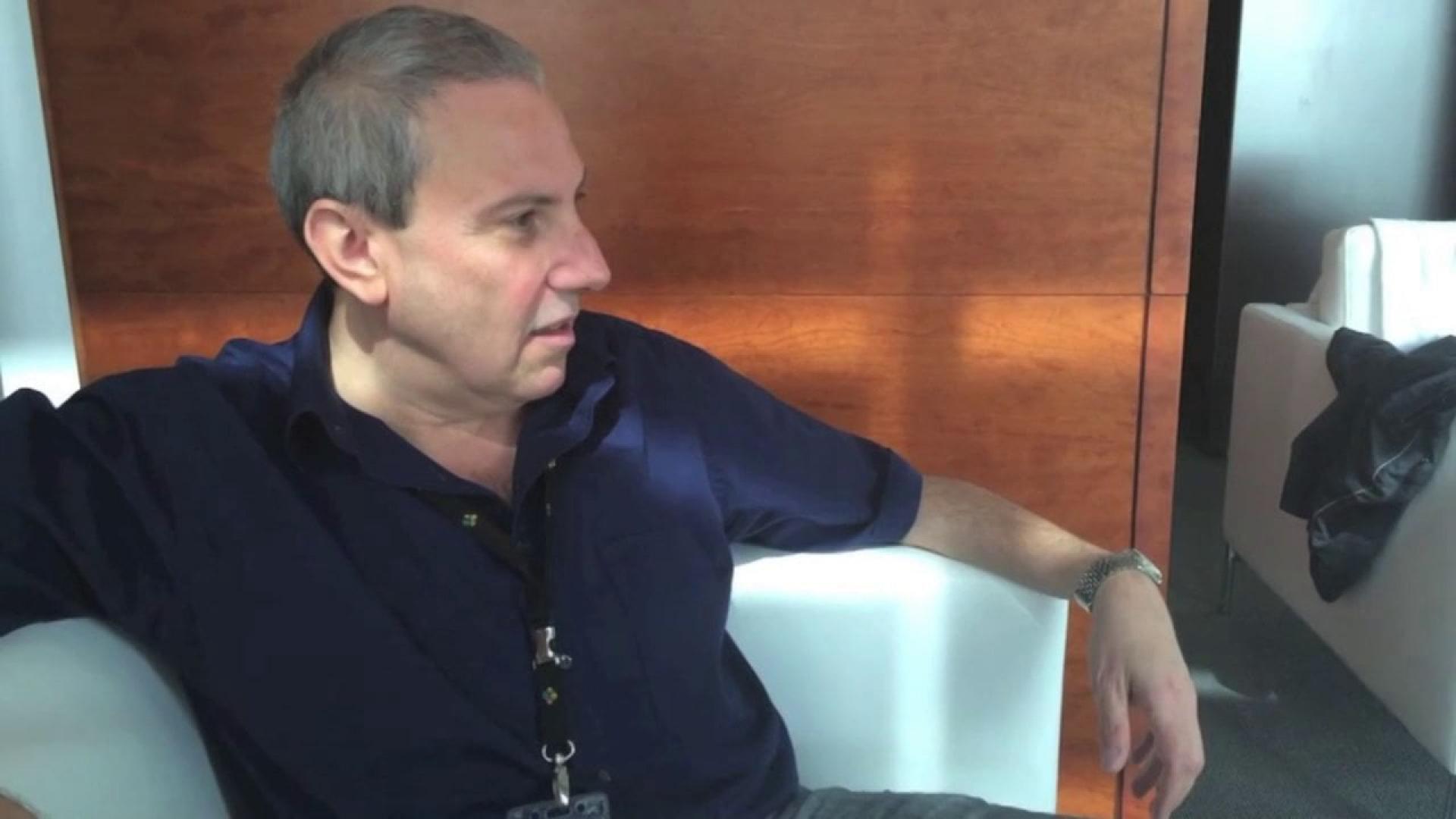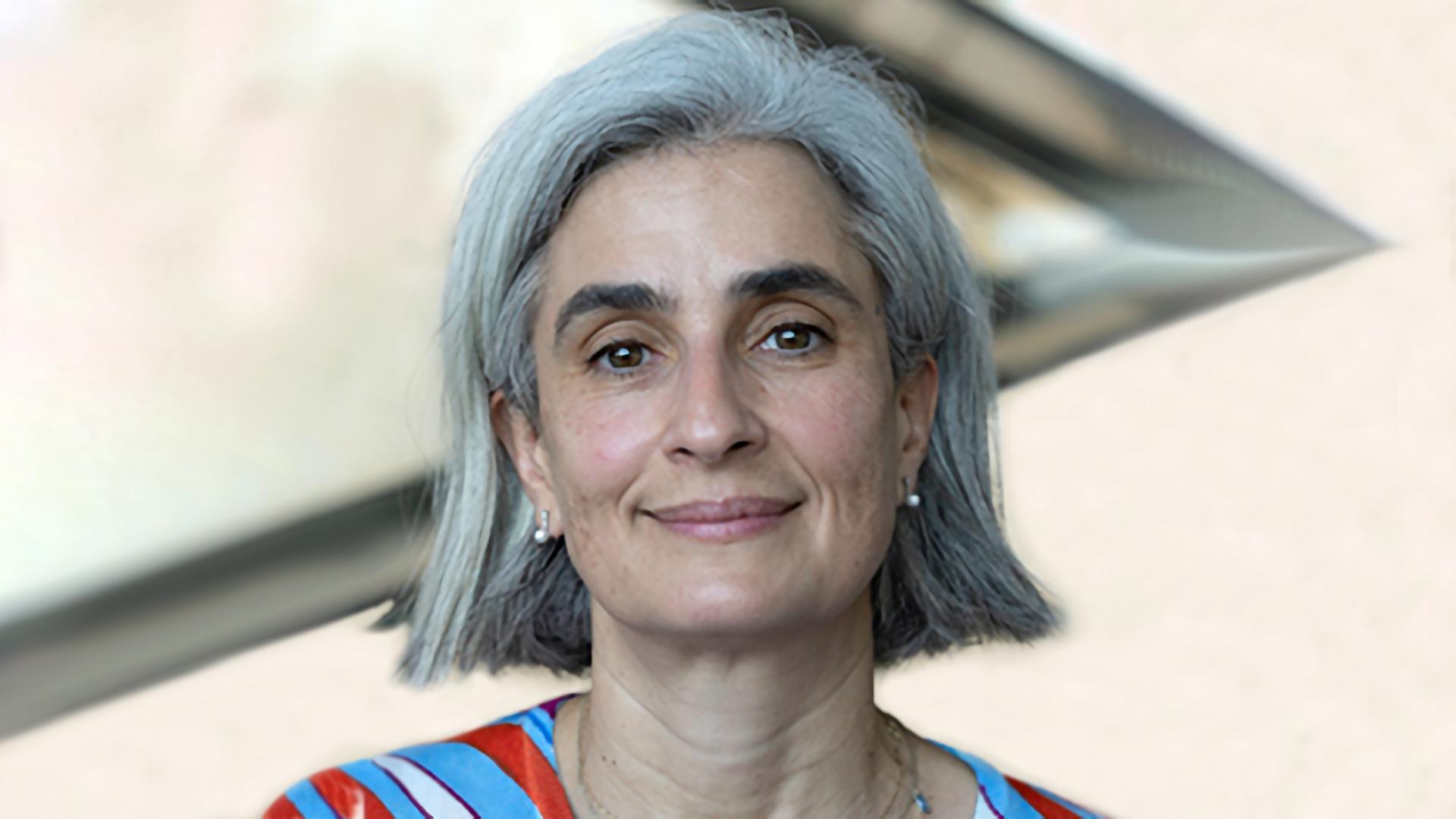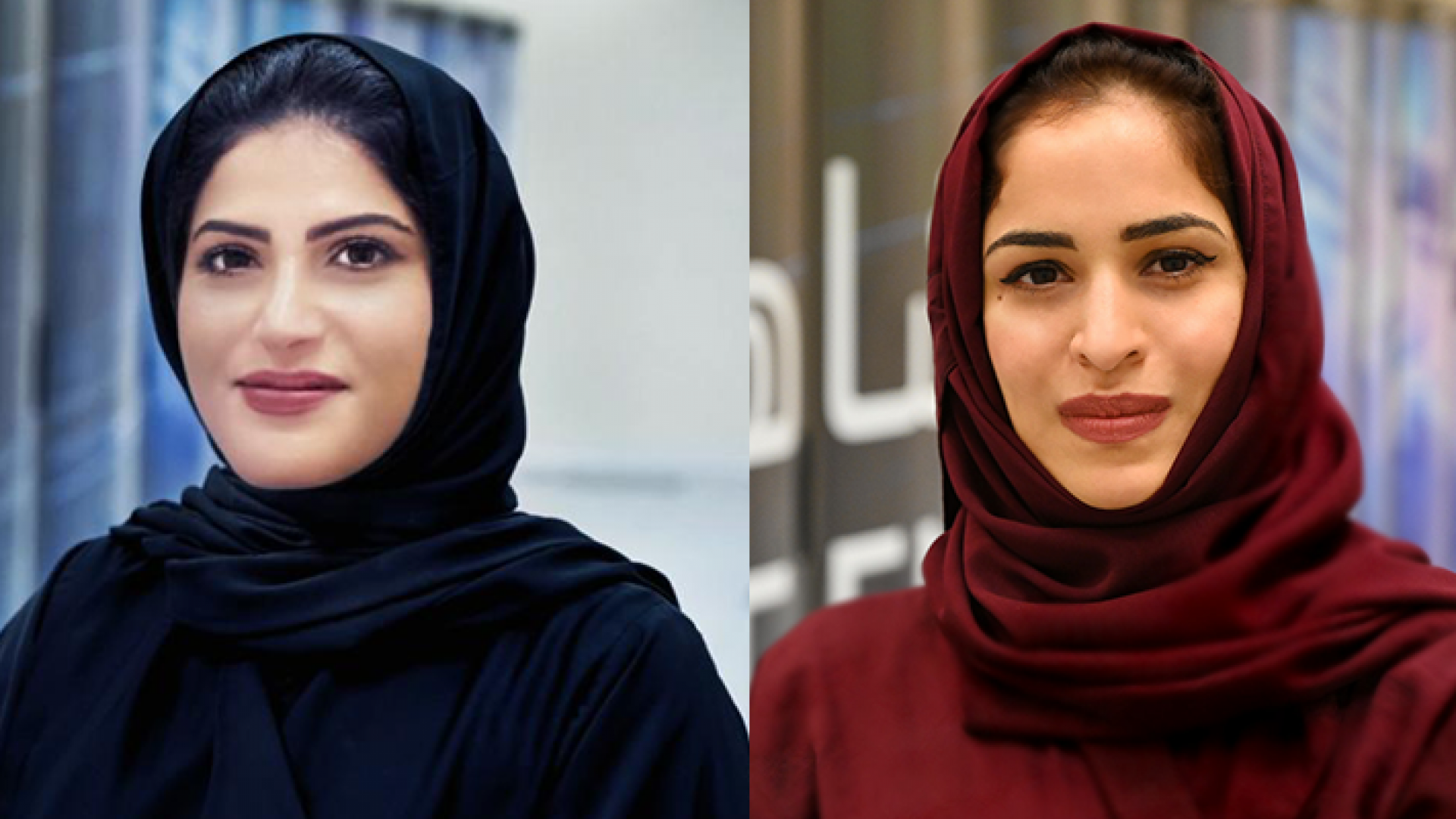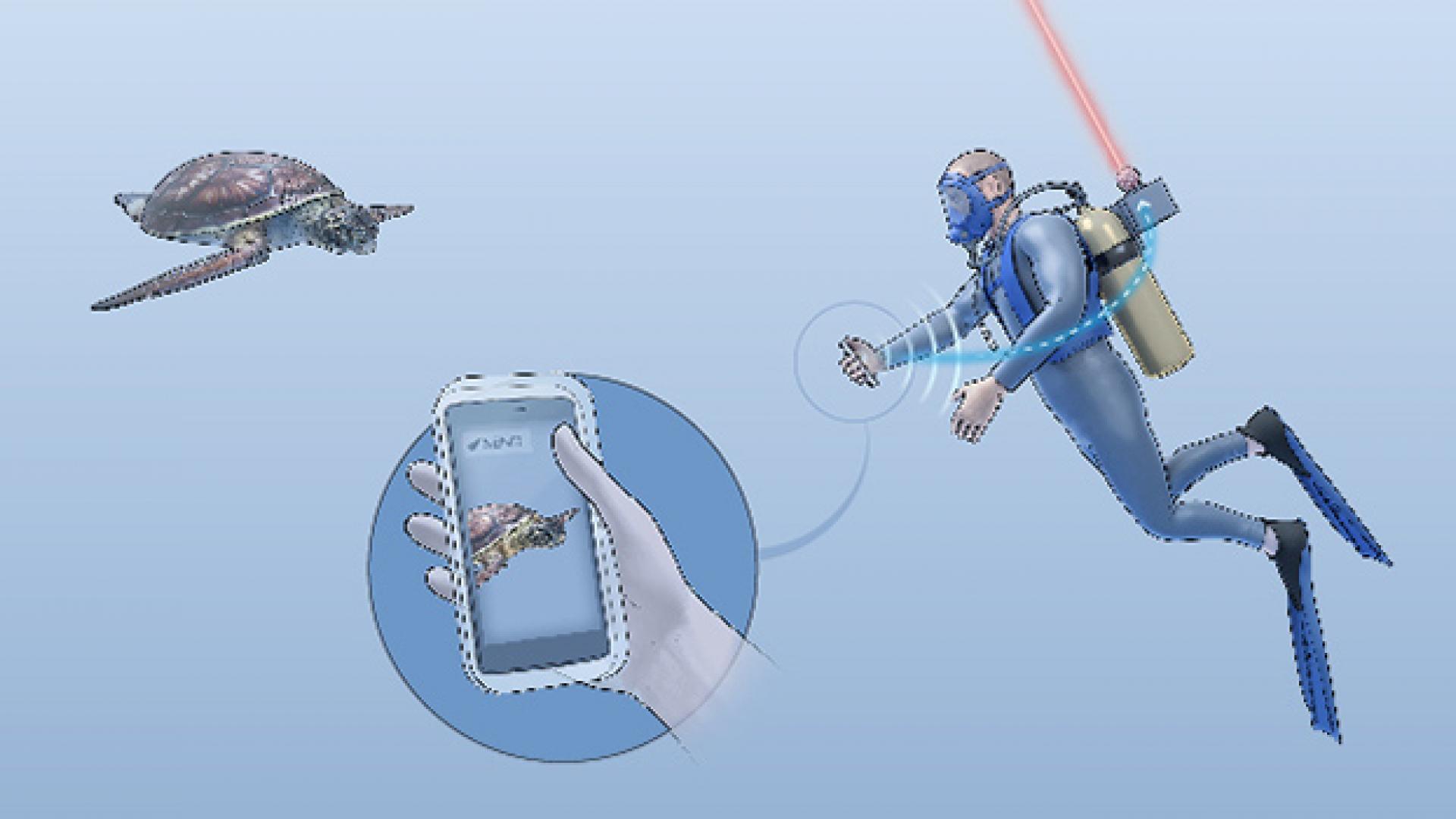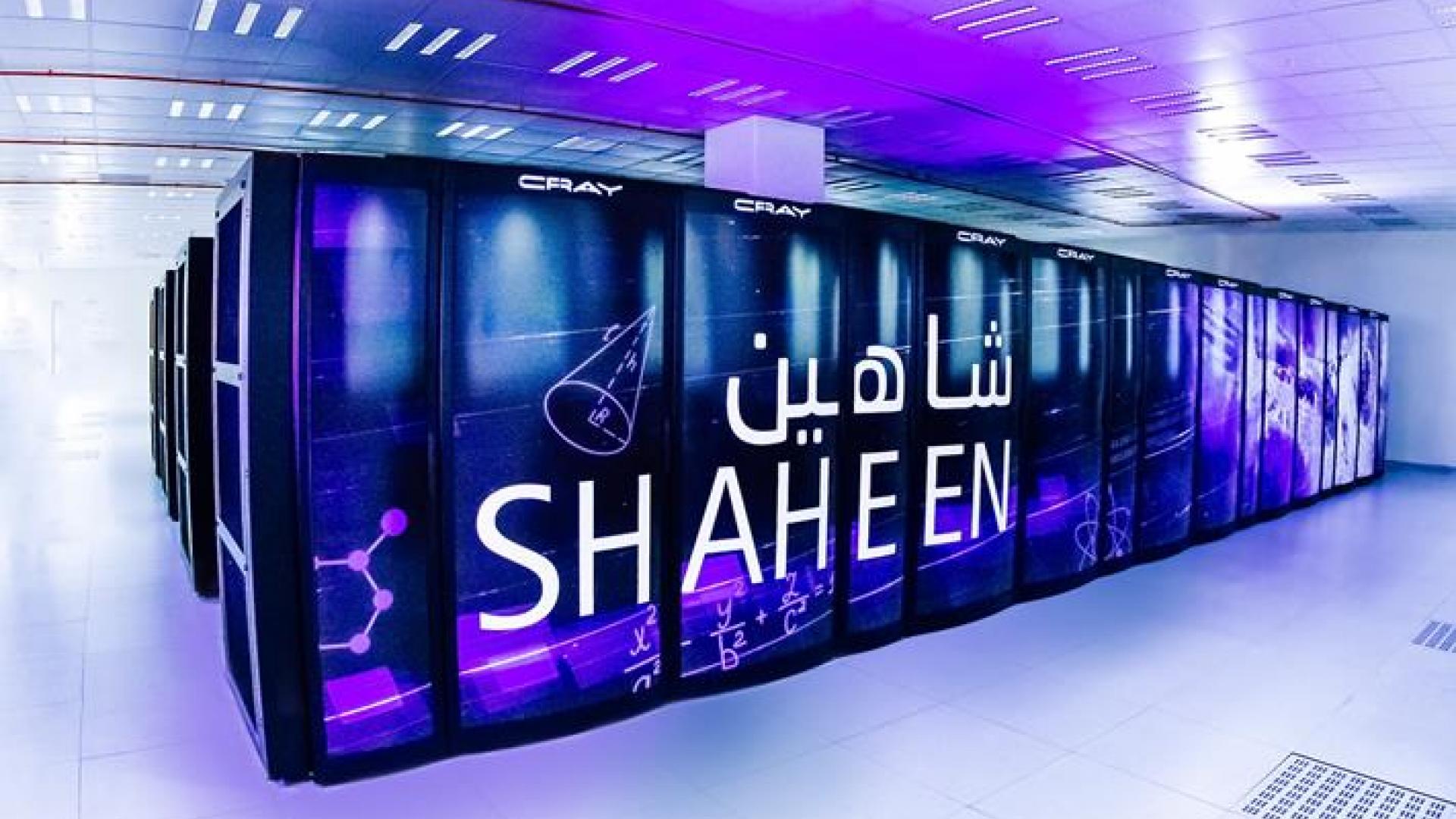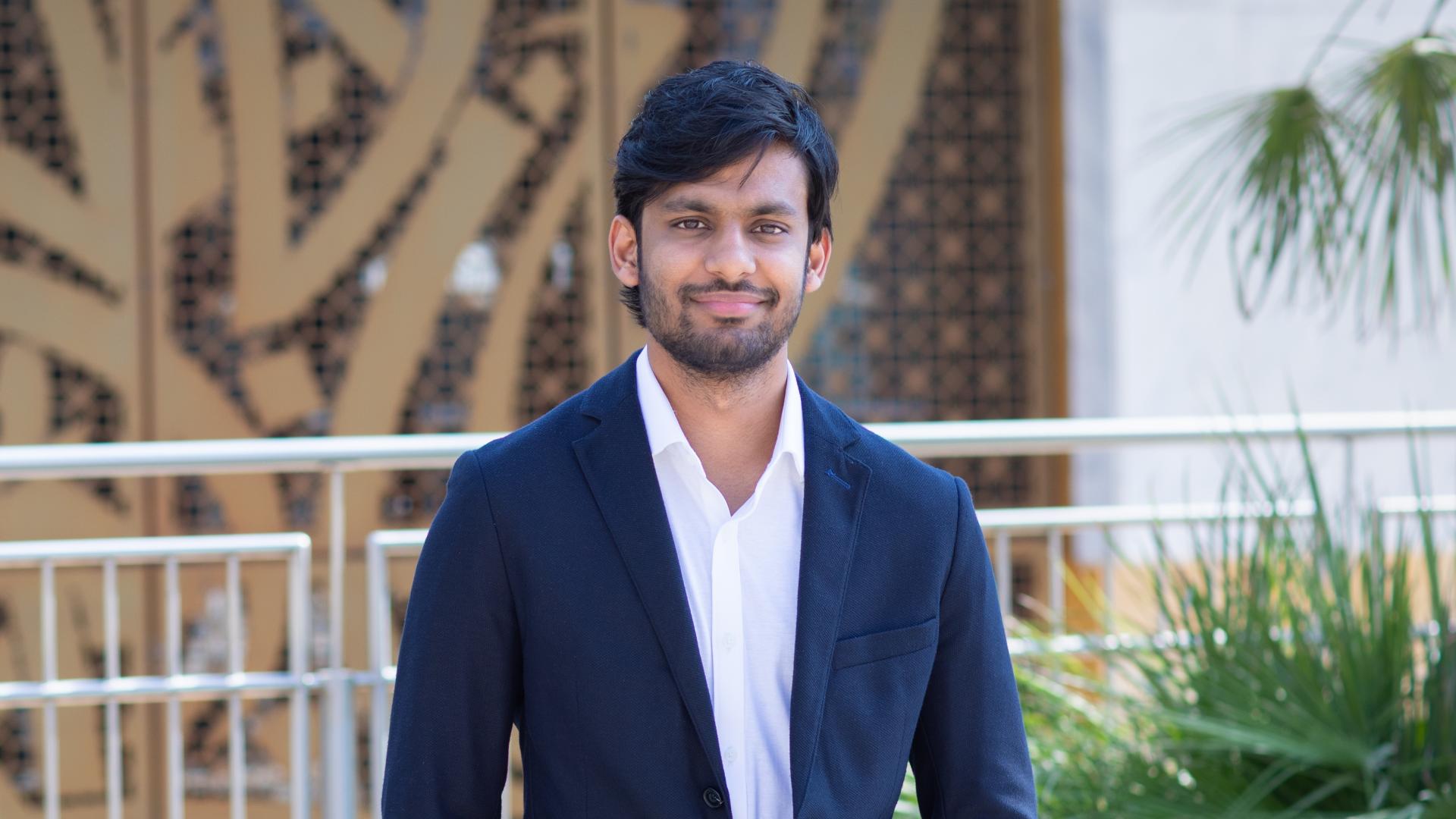High-resolution analysis of wind speed across Saudi Arabia can help fast track the expansion of the Kingdom’s emerging world-class wind energy industry.
The global, multifarious challenge posed by the COVID-19 pandemic has scientists tapping their wide-ranging fields of expertise to attack the problem on many fronts. Answering the call from KAUST President Tony Chan, and coordinated by the University's leadership team, KAUST researchers making up the Rapid Research Response Team (R3T) are turning this crisis into an opportunity to innovate.
By the end of 2018, there were nearly 4 billion people without Internet connectivity in the world. Almost 75% of this unconnected population is located in 20 countries and is concentrated in rural, low-income, and low-literacy areas.
Wire-connected drones may complement or replace the fixed base stations of cellular communications networks.
KAUST Professor David Keyes, director of the KAUST Extreme Computing Research Center (ECRC) and professor of applied mathematics and computational science, chaired this year's International Supercomputing Conference (ISC). The ISC, which takes place in Frankfurt, Germany every June, is where the world's supercomputers are re-ranked for computational power, power efficiency, and performance on various scientific benchmarks.
KAUST Professor Peter Markowich has been elected as a Fellow of the European Academy of Sciences (EurASc). Established in 2003, the EurASC is a fully independent international organization of distinguished scholars that aims to recognize and elect to its membership the best European researchers to strengthen European science and scientific cooperation.
Upon the recommendation of the DTA selection committee and the KAUST Interim Vice President for Academic Affairs Professor Yves Gnanou, Dr. Alexandra Gomes has been awarded the 2020 KAUST Distinguished Teaching Award. Gomes, who is a member of the KAUST CEMSE Division, was recognized for the award due to her exceptional contributions to the classroom instruction mission of KAUST. The award will be conferred at the annual KAUST Faculty Recognition Dinner scheduled for this fall.
KAUST Ph.D. graduate Dr. Noha Al-Harthi and doctoral student Rabab Alomairy, have won the German Gauss Center for Supercomputing (GCS) Award for original research that best advances high-performance computing. This makes KAUST the first Middle Eastern institution to receive this prestigious award.
An old branch of mathematics finds a fertile new field of application.
Scuba divers could send sea life shots in real time using an aquatic internet service.
Extreme weather patterns and regions at risk of flooding could be easier to spot using a new statistical model for large spatial datasets.
While 5G companies and opponents are competing over the deployment of the first 5G platforms, the next generation of wireless telecommunication technology is being concocted right now in laboratories all around the world.
The COVID-19 pandemic has imposed challenges across the globe that need to be solved using scientific discovery and innovation. In line with that, the KAUST Supercomputing Core Laboratory (KSL) has opened a call for proposals that require its supercomputer Shaheen II, as well as other cluster computing resources, to support research projects.
As countries around the world work to "flatten the curve," a reference to slowing the progression of COVID-19 cases, David Ketcheson is putting mathematical modeling to work to understand how transmission is playing out.
Gaurav Agarwal firmly believes in the age-old adage that patience is a virtue. Without patience, life’s challenges cannot be overcome, and a steadfast belief in perseverance has served the statistics Ph.D. student well throughout his academic career.
